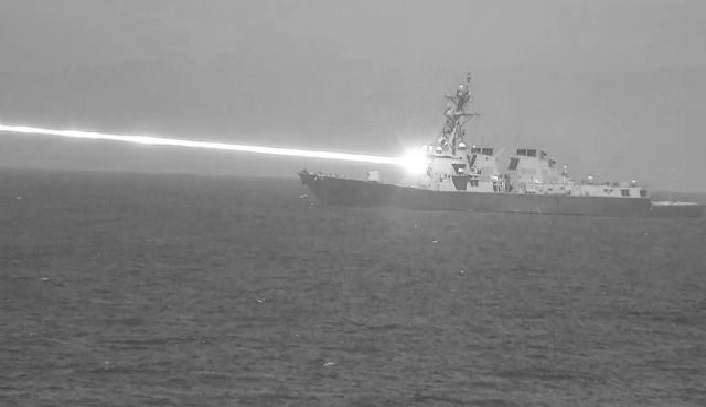Babcock Boosts Fighter Pilot Training in France with L-39 Albatros Aircraft Acquisition

British defence and aerospace company Babcock has taken a significant step in enhancing its fighter pilot training capabilities by acquiring 11 L-39 Albatros aircraft from Apache Aviation. This strategic move bolsters Babcock's international pilot training academy in Dijon, France, equipping it to meet the growing demand for advanced military aviation training.
The academy operates on a former military base in Dijon and offers a wide range of programmes tailored to the requirements of international air forces. These include training for future fighter pilots, certification for L-39 pilot instructors, retraining for experienced pilots, and specialised courses in close air support missions. All these programmes are designed and conducted by former fighter pilots of the French Air and Space Force, ensuring a high level of expertise and alignment with NATO’s operational standards.
The L-39 Albatros: A Versatile Training Aircraft
The L-39 Albatros, developed by Czech aerospace manufacturer Aero Vodochody, is a legendary jet trainer known for its versatility and reliability. First introduced in the 1960s, it became the world’s most widely used jet trainer, with over 2,800 units produced. The aircraft is powered by an Ivchenko AI-25TL turbofan engine, enabling a maximum speed of 910 km/h (565 mph).
Key specifications of the L-39 Albatros:
- Length: 12.13 meters (39 feet 10 inches)
- Wingspan: 9.46 meters (31 feet)
- Maximum Takeoff Weight: 4,700 kg (10,362 lbs)
- Range: 1,100 km (684 miles)
- Service Ceiling: 11,000 meters (36,000 feet)
- Armament: Optional, including machine guns, rockets, and bombs for light attack roles.
The L-39 is particularly valued for its easy handling, durability, and suitability for aerobatic manoeuvres, making it an ideal choice for training fighter pilots in complex combat scenarios.
Advanced Training for Military Readiness
The L-39 aircraft acquired by Babcock come with a distinguished history, having been part of the Breitling Jet Team, one of the world's largest professional civilian aerobatic display teams. Their legacy of precision flying and aerobatics now transitions into preparing military pilots for the demands of modern aerial combat.
Babcock’s academy employs these aircraft for a range of training missions, including simulated combat scenarios, close air support operations, and the use of aircraft as aerial targets for military exercises. These capabilities significantly enhance the operational readiness of fighter squadrons, military ships, and ground units across Europe and beyond.
Expanding Capabilities for the Future
Pierre Basquin, Babcock’s Chief Executive Aviation and CEO France, highlighted the strategic importance of this acquisition. "Military pilot training is the backbone of robust defence capabilities. By expanding our military training activity, we aim to support our customers' immediate and long-term needs. Our programmes are designed to develop not only technical expertise but also the attitudes and decision-making skills critical for field challenges," he said.
The training academy's alignment with NATO’s operational standards ensures that participants receive a comprehensive training experience. The incorporation of advanced combat scenarios on the L-39 aircraft prepares pilots to adapt to the realities of modern warfare, making Babcock a key player in shaping the next generation of fighter pilots.
A New Chapter for the L-39 Aircraft
With their new role in Dijon, the L-39 aircraft will contribute to shaping the capabilities of military pilots worldwide. Their transition from aerobatic displays to military training underscores their versatility and value in defence applications.
This acquisition not only enhances Babcock's training offerings but also strengthens its position as a leader in military aviation training in Europe. By leveraging the capabilities of the L-39 Albatros, Babcock ensures that its clients, ranging from air force squadrons to naval and ground units, receive top-tier training that mirrors real-world operational conditions.



